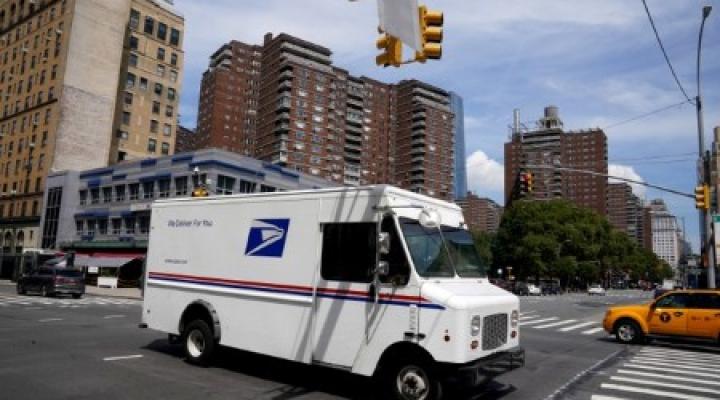USPS will purchase 50,000 delivery vehicles in an initial order of 2.98 billion

The U.S. Postal Service said Thursday it has placed an initial 2.98 billion order from Oshkosh Corp for 50,000 next-generation delivery vehicles and will double the initial planned EV purchase.
US Postmaster Lewis Dejoy said that based on USPS’s ongoing reform efforts and “from our improvement perspective, we have determined that increasing our initial electric vehicle purchases from 5,000 to 10,019 makes good sense both operationally and financially.”
DeJoy has previously committed to buying at least 10% EV as part of its billion-dollar plan to retire its 30-year-old delivery vehicles.
The USPS rejected a bid in February by the White House and the Environmental Protection Agency to reconsider plans to purchase primarily gasoline-powered vehicles and hold new hearings.
The USPS said vehicles are expected to appear on carrier routes by the end of 2023.
In February last year, USPS announced an initial $ 482 million contract for Oshkosh, stating that it could order 165,000 vehicles over 10 years in a contract worth $ 6 billion or more.
Modern vehicles will replace many older USPS vehicles that do not have airbags and other safety equipment as well as air conditioning.
“To increase the percentage of production (of electric vehicles) even after the order has been placed, its contract gives flexibility when funding is provided,” Oshkosh said.
On Friday, a group of U.S. lawmakers asked Oshkosh if the decision to build vehicles in South Carolina was an attempt to prevent the use of union workers.
On Monday, lawmakers asked the Postal Service Office of the Inspector General (OIG) to review the USPS vehicle purchase plan.
The inspector general’s office said it would “do additional work in response to that request.”
The USPS said last week that “our commitment to the electric fleet is ambitious and takes into account the safety needs of our aging fleet as well as our fragile financial position.”